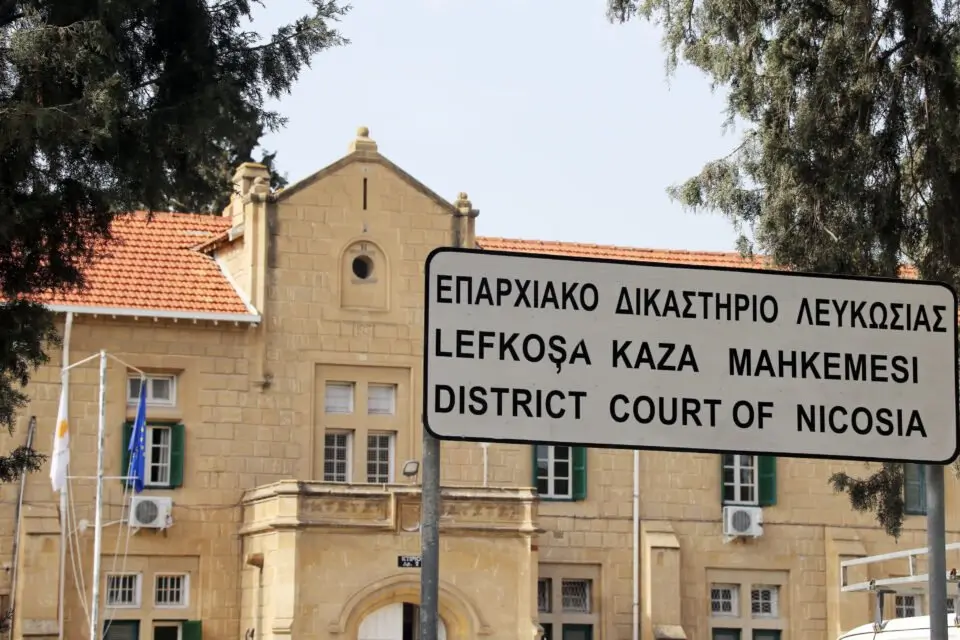Metadata from photographs and videos taken on former Akel MP Christakis Giovanis’ mobile phone was the focus in Monday’s hearing of the court case regarding the three people facing criminal charges over a report by news company Al Jazeera into the alleged illegal naturalisations of people as citizens of the Republic of Cyprus, commonly known as the ‘golden passports scandal’.
Giovanis, former House president Demetris Syllouris and senior lawyer for the Giovanis Group Antonis Antoniou are facing charges, including conspiracy to subvert the Republic and influencing a public official in violation of the laws criminalising corruption.
Of the videos and photographs shown and referenced in court, some depict Giovanis himself, some Syllouris and some depict both of them together, on occasion alongside other people.
The photographs and videos were taken between 2017 and 2019, with the metadata presented in court showing that they were taken in Beijing, Shanghai, London, a house in Paralimni, a hotel in Pissouri and a restaurant in Paphos.
Defence lawyer Chris Triantafyllides objected to the evidence’s submission, questioning its relevance, but prosecution lawyer Charis Karaolidou argued that they are relevant to the charges of “conspiracy”, which both defendants are facing.
“In the context of the case’s presentation, testimony will be presented regarding the relationship between [Giovanis and Syllouris], which, according to the prosecution, is also part of the offences which they have committed,” she said.
The court allowed the evidence to be submitted.
The prosecution also presented a USB storage device containing content extracted from Giovanis’ mobile phone, saying it contains “applications installed on the phone, call history which was recorded through various applications which allow calls to be made, image, video, and audio files”.
Additionally, it was stated, the device also contains location history, accounts on various applications which were connected to it, as well as browsing history.
It was also stated that the evidence does not constitute private communication, and that this has been decided in previous court hearings on the matter in 2021 and 2022.
Giovanis’ lawyer George Papaioannou then said the USB drive contains 33 gigabytes of files, and that “the prosecution has a duty to present legal admissible testimony” and nothing else.
“The burden is not on the accused to detect whether there is anything in these 33GB which is covered by the decision,” he said, adding that the prosecution must conduct an “exhaustive investigation” to ensure that only permissible evidence be admitted.
Karaolidou then confirmed that she would evaluate what Papaioannou had said, and, “if the prosecution’s case is not affected”, remove some of the data from the USB drive.
The case is set to continue on Friday.
Al Jazeera aired an almost hour-long expose of the scandal in October 2020, prompting Syllouris and Giovanis to both resign.
In the documentary, undercover reporters played the role of agents acting on behalf of a fictional Chinese businessman with a criminal record, aiming to secure him Cypriot citizenship.
Syllouris, Giovanis and others were shown offering to help the man in his quest for citizenship despite his criminal record.
The government of the day then scrapped Cyprus’ citizenship by investment scheme, with the European Union having launched legal proceedings over claims the scheme had been used to sell passports to dubious individuals.
A subsequent inquiry found that 53 per cent of 6,779 citizenships granted through the scheme were unlawful, with the government since having commenced the process of cancelling the citizenship of some naturalised through the scheme.






Click here to change your cookie preferences